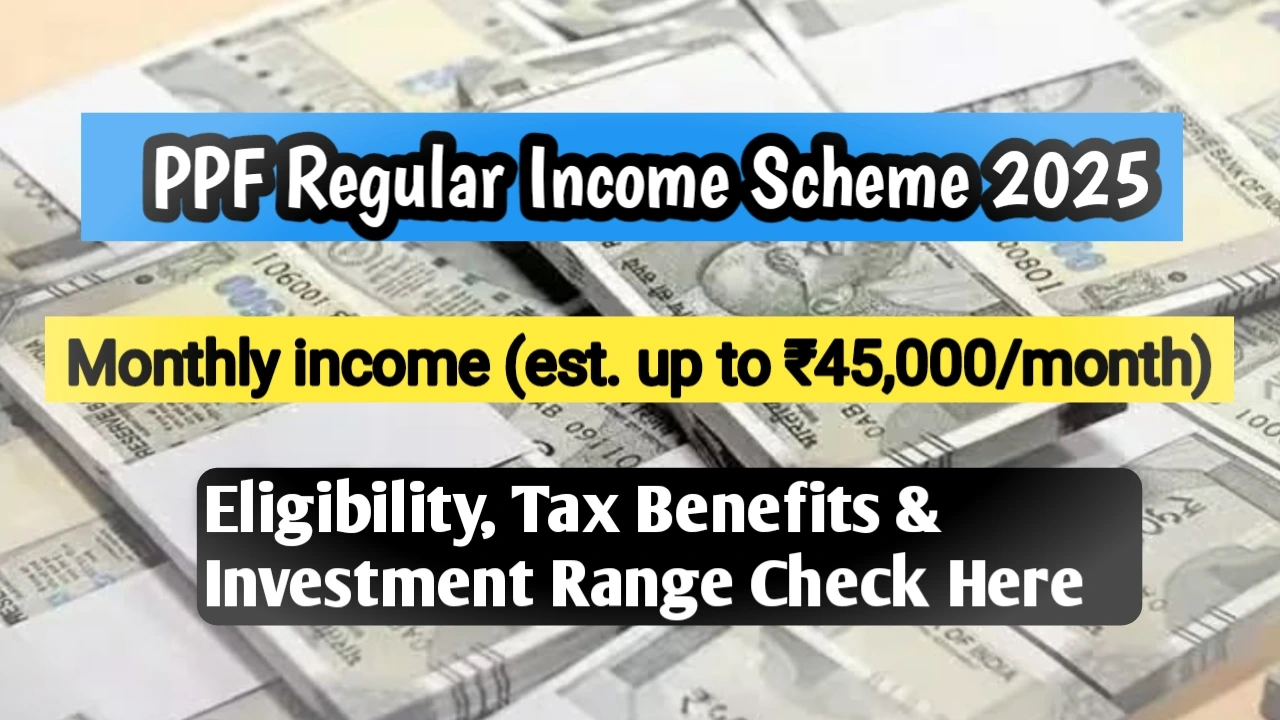Millions of families across the UK rely on Universal Credit to meet everyday needs like rent, food, and bills. As living costs continue to rise, even a small boost to monthly benefits can make a difference. The Universal Credit Increase 2025 has now been confirmed by the Department for Work and Pensions (DWP), offering some relief to low-income households already facing financial pressure.
Set to reflect the Consumer Price Index (CPI) inflation rate from September 2023, this 6.7% increase will begin in April and extend with potential further adjustments in August and September. Here’s what claimants should expect, who qualifies, and how this increase might impact their monthly income.
Universal Credit Increase 2025
The Universal Credit Increase 2025 is part of the government’s annual review of welfare benefits. It ensures that support payments rise in line with inflation, helping claimants keep up with the cost of essentials like housing, food, and energy. Based on the 6.7% inflation rate recorded in September 2023, this increase is meant to protect some of the most financially vulnerable citizens.
With more than 6.2 million people currently receiving Universal Credit, this annual uplift—though modest—offers critical support. While it won’t erase the growing pressure on household budgets, it helps bridge the widening gap between income and rising expenses.
Overview Table: Key Details of the Universal Credit Increase 2025
| Details | Information |
| Country | United Kingdom |
| Announced By | Department for Work and Pensions (DWP) |
| Increase Rate | 6.7% |
| Start Date | April 2025 |
| Further Adjustments Expected | August and September 2025 |
| Based On | CPI Inflation (September 2023) |
| Estimated Beneficiaries | 5.5 million households |
| Average Annual Gain | Approximately £470 |
Why the Increase Matters
Universal Credit is the UK’s main benefit for individuals on low income or out of work. Each year, payment amounts are updated in line with inflation to ensure that they remain relevant and supportive. In 2025, the update reflects a 6.7% increase, providing a slight improvement in monthly income for claimants.
While helpful, this rise comes amid higher energy bills, inflated food costs, and unaffordable housing in many regions. Analysts have pointed out that even with the uplift, some households could still face an annual shortfall of over £600 due to ongoing economic pressures.
How Much More Will You Get?
The 6.7% increase affects the standard allowance and all additional elements of Universal Credit, such as housing, children, caring responsibilities, and disability support.
Here’s a look at how the rise changes monthly payments:
| Claim Type | Previous Amount | New Amount (2025) | Monthly Increase |
| Single under 25 | £292.11 | £311.68 | +£19.57 |
| Single over 25 | £368.74 | £393.45 | +£24.71 |
| Couple under 25 (combined) | £458.51 | £489.23 | +£30.72 |
| Couple over 25 (combined) | £578.82 | £617.60 | +£38.78 |
These are the baseline increases. Many claimants will receive additional amounts depending on their circumstances, such as disability support or childcare needs.
When Will Payments Be Adjusted?
- Initial Increase: Begins in April 2025.
- Further Adjustments: Additional payment revisions may take place in August and September 2025.
These phased updates will help the DWP respond more accurately to inflation patterns or budget changes introduced later in the year.
Who’s Eligible for the Increase?
You qualify for the Universal Credit Increase 2025 if:
- You are already receiving Universal Credit as of April 2025.
- You apply for Universal Credit any time after April 2025 (new claimants will automatically receive the updated rates).
- You are receiving any of the following elements as part of your Universal Credit:
- Child Element
Housing Element
- Carer or Disability Elements
- Child Element
There is no need to apply separately for the increase. It is automatically applied to all eligible claims.
What Else Is Changing in 2025?
Aside from the main Universal Credit increase, several other changes and support mechanisms have been announced to assist households:
1. Household Support Fund (HSF)
- Extended until March 2026
- Supports households with food, energy, rent, and other essentials
- Available even if you don’t receive Universal Credit
- Apply through your local council
2. Pension and Benefit Uplifts
- State Pension increased by 4.1% under the triple lock
- All working-age benefits increased by 1.7%
3. Cold Weather & Winter Fuel Payments
- Cold Weather Payment: £25 per week during extreme temperatures
- Winter Fuel Payment: Up to £600 for pensioners to cover heating bills
4. Cost of Living Payments
- Though no new £299 Cost of Living Payment is confirmed yet, similar targeted support could be introduced ahead of the General Election
Is This Enough?
While any increase in benefits is welcomed, experts argue that the current adjustments are still not keeping pace with actual household costs. Groups like the New Economics Foundation warn that:
- The average family may still be £670 worse off annually, despite the increase
- Inflation continues to impact rent, food, transport, and utilities at a faster rate than benefits rise
For households with children, disabilities, or single earners, even small increases in costs can lead to debt or food insecurity. There’s growing pressure on the government to explore more dynamic and needs-based systems of support.
FAQs
What is the Universal Credit Increase 2025?
A 6.7% increase in Universal Credit payments starting in April 2025, based on inflation rates from September 2023.
Who qualifies for the increase?
All current recipients of Universal Credit, and new claimants after April 2025.
When does the new rate apply?
Initial increases begin in April 2025, with further adjustments possible in August and September.
How much more will I receive monthly?
Increases vary between £19 and £38 per month, depending on age and household status.
Will other parts of Universal Credit also increase?
Yes. All components, including child, housing, and disability elements, will be adjusted by 6.7%.
Final Thought
The Universal Credit Increase 2025 is a much-needed change that brings a bit more breathing room to millions of UK households. While the additional income won’t solve every financial problem, it can help make day-to-day life a little more manageable.
If you receive Universal Credit, it’s important to check your new payment breakdown, ensure your information with the DWP is up to date, and explore additional support options like the Household Support Fund if you’re still struggling. Every pound counts, and understanding your entitlements is a key part of managing life in today’s economic climate.














